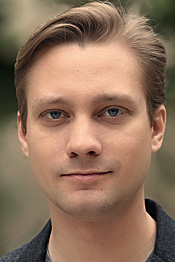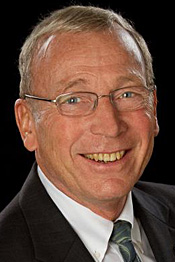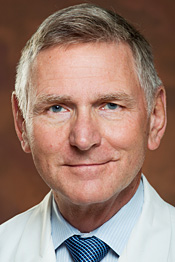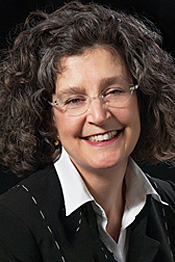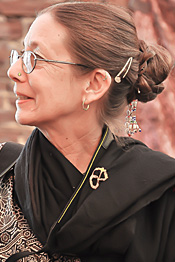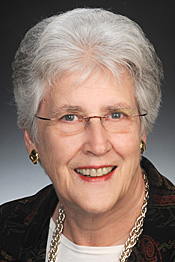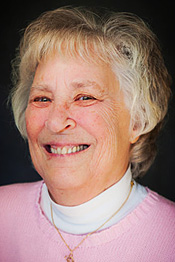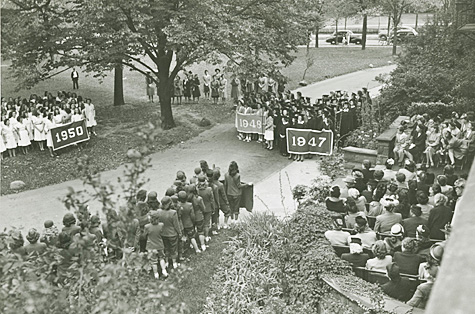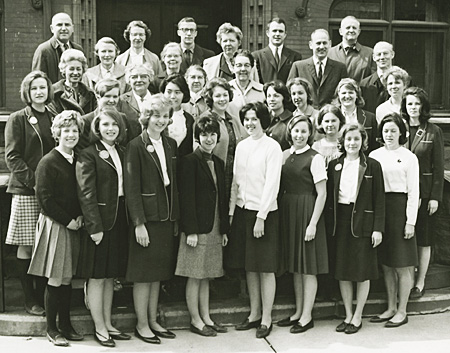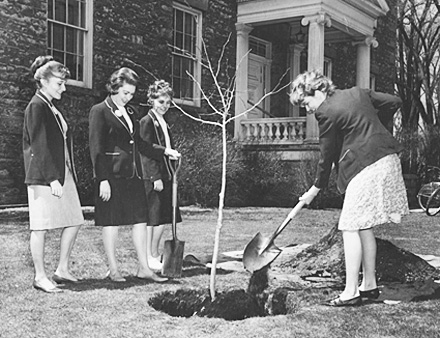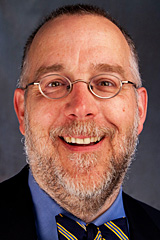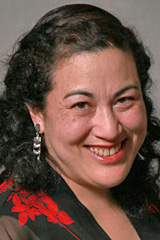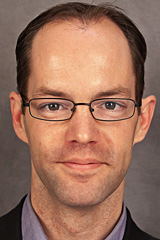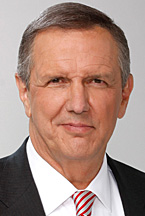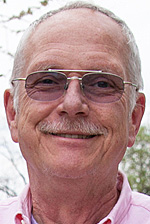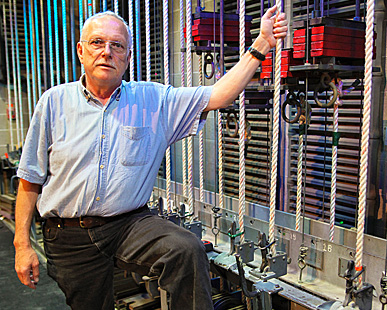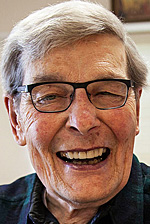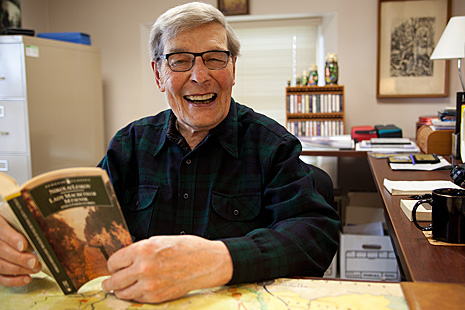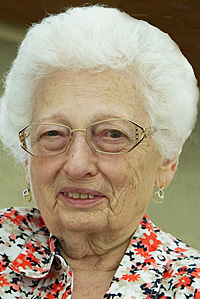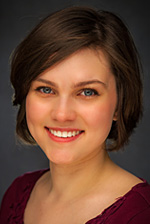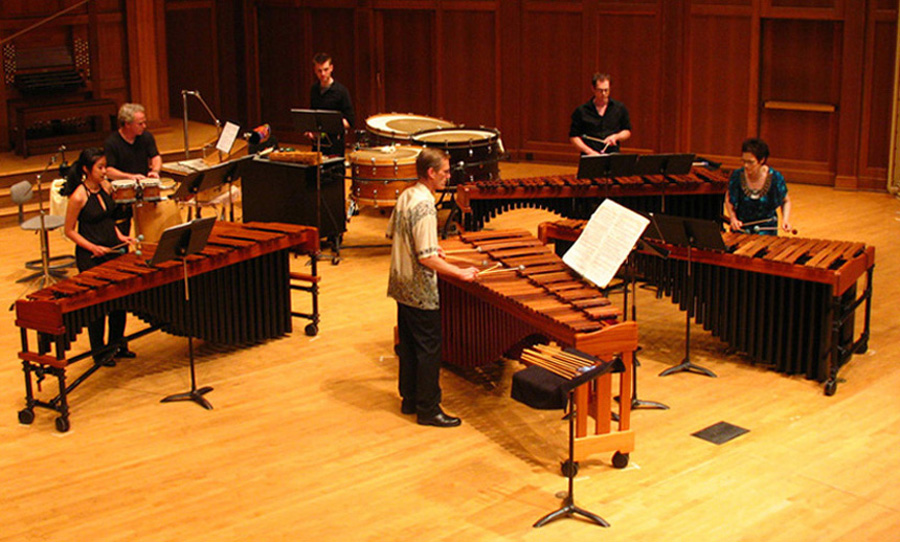
For two weeks, Lawrence University will be the center of all things marimba.
Lawrence welcomes nearly 60 musicians — world-class, international performers as well as dedicated up-and-coming artists — to campus June 29-July 12 for the 12th annual Zeltsman Marimba Festival, an educational forum and concert series celebrating percussion. This will be the sixth time in the festival’s history Lawrence has served as host.
One of the largest gatherings of marimba students and professionals in the world, the festival features a series of eight public concerts by an impressive slate of performers from around the world. With a diverse array of styles, the concerts offer an unparalleled opportunity to experience the marimba’s versatility.
Percussionist Dane Richeson, professor of music at Lawrence, is one of the festival’s faculty members and guest performers. He says the festival provides an uncommon treat for music lovers.
“It is an honor to have the Zeltsman Marimba Festival back at Lawrence. This is an exciting event that provides the Fox Cities the chance to experience music they have never heard before on an instrument with an ancient history,” said Richeson. “Audiences will have the rare opportunity to see some of the greatest marimba artists, many of whom rarely come to the Midwest, perform solo and chamber music works. Since many of these works have not been released on CD, this will likely be the only chance to hear this music.”
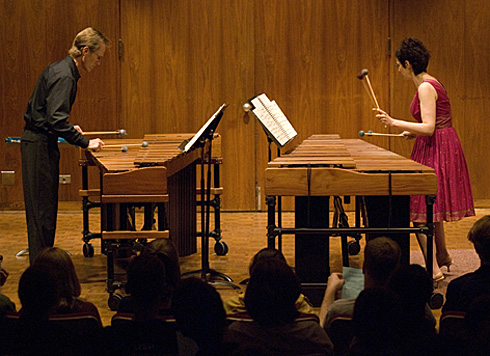
In addition to Richeson, Lawrence faculty members Mark Urness (bass) and Anthony Padilla (piano) and 2007 Lawrence graduate Michael Truesdell, also will be among the performers.
The concert series schedule:
• Sunday, June 29 — Dane Richeson / Mike Truesdell, percussion virtuosi; 7:30 p.m., Harper Hall.
• Wednesday, July 2 — Jack Van Geem, “The Dance / Jonathan Singer, marimba explorations of dance music, ragtime and more; 7:30 p.m. Lawrence Memorial Chapel. Free pre-concert talk: “Introduction to the Marimba,” 6:30 – 7 p.m.
• Thursday, July 3 — Nanae Mimura (Japan) / Alejandro Ruiz (Colombia), cross-cultural marimba virtuosi; 7:30 p.m., Lawrence Memorial Chapel. Free pre-concert fun: Xylopholks, 6:30 – 7 p.m.
• Saturday, July 5 — Stars of Zeltsman Marimba Festival, “Island Music,” a rare performance of Michael Tilson Thomas’ sensational work for four marimbists and two percussionists, and other extravagant adventures with mallets; 7:30 p.m., Stansbury Theatre.
• Monday, July 7 — Nancy Zeltsman, sotto voce / various artists, multi-media marimba and more; 7:30 p.m., Harper Hall.
• Wednesday, July 9 — Jean Geoffroy (France) / Joint Venture Percussion Duo (China/Luxembourg), great artists from abroad; 7:30 p.m., Lawrence Memorial Chapel.
• Friday, July 11 — Anders Åstrand (Sweden) / Mark Urness, bass / Dane Richeson, drums, an evening of jazz and more; 7:30 p.m., Harper Hall.
• Saturday, July 12 — Participants Marathon Concert; Noon – 5 p.m., Lawrence Memorial Chapel.
Tickets for the concert are available at the door at $15 for adults, $10 for students/seniors (cash only). Tickets can also be ordered in advance with a credit card at ZMFconcerts.evenbrite.com.
Five free concerts also will be conducted:
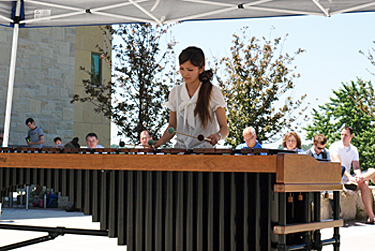
• Wednesday, July 2 — 11:30 a.m – 1:30 p.m., Griff’s Grill, Boldt Plaza (outside Warch Campus Center).
• Wednesday, July 2 — Pre-concert talk: “Introduction to the Marimba,” 6:30 -7 p.m. Lawrence Memorial Chapel.
• Thursday, July 3 — Pre-concert fun: Xylopholks, 6:30 -7 p.m., Lawrence Memorial Chapel.
• Friday, July 4 — “Island Music” open rehearsal; 11:30 a.m. — 1:30 p.m., Cloak Theatre, Music-Drama Center.
• Wednesday, July 9 — Lunchtime Marimba Concert, 11:30 a.m -1:30 p.m., Griff’s Grill, Boldt Plaza.
Zeltsman, who teaches marimba at Berklee College of Music and the Boston Conservatory, where she is chair of the percussion department, launched the festival in 2001 to bring people together “to share unforgettable, stimulating musical experiences in an atmosphere of support and camaraderie.”
“I’m thrilled that ZMF will bring together so many acclaimed artists and talented young musicians to share their music and collaborate with each other,” says Zeltsman. “Marimbists aren’t ‘household names,’ but we hope people will take a leap of faith and experience some remarkable performances and exciting, thought-provoking, moving music.”
About Lawrence University
Founded in 1847, Lawrence University uniquely integrates a college of liberal arts and sciences with a nationally recognized conservatory of music, both devoted exclusively to undergraduate education. It was selected for inclusion in the Fiske Guide to Colleges 2014 and the book “Colleges That Change Lives: 40 Schools That Will Change the Way You Think About College.” Individualized learning, the development of multiple interests and community engagement are central to the Lawrence experience. Lawrence draws its 1,500 students from nearly every state and more than 50 countries.
